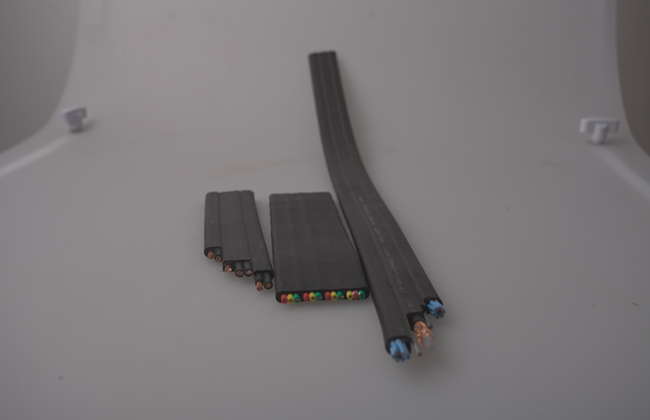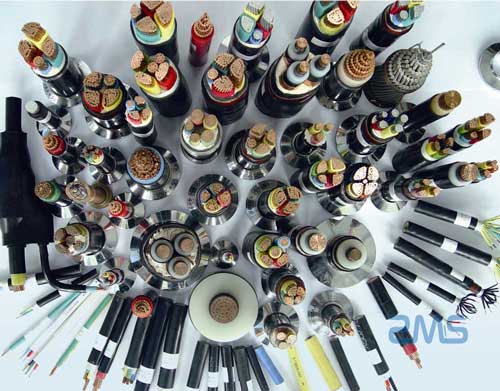Cables are an essential component in many electrical and electronic systems. They are used to transmit electrical signals and power from one device to another and come in a wide variety of types and sizes.
For cables to work properly, they must meet certain standards and specifications that ensure their compatibility and performance.
Cable conductor
One of the most important aspects of cables is the type of conductor they use.
Conductors are the materials that carry the electrical current through the cable, and different types of conductors have different properties and characteristics.
The most common types of conductors are copper and aluminum, which are used in a wide range of cable applications.
Copper is the most popular choice for conductors due to its high conductivity and resistance to corrosion.
Aluminum is also commonly used, but is not as conductive as copper and is more susceptible to corrosion.

Cable insulation
Another important aspect of cables is the type of insulation they use.
Cable insulation is the material that surrounds the conductor and protects it from damage and short circuits.
Different types of insulation have different properties and characteristics and are designed for specific applications.
The most common types of insulation are PVC (polyvinyl chloride), XLPE (cross-linked polyethylene), and EPR (ethylene propylene rubber).
PVC is a common choice for insulation due to its low cost and good flexibility, but it has a lower temperature rating and is not as durable as other types of insulation.
XLPE is a more expensive option, but has a higher temperature rating and is more durable than PVC.
EPR is the most expensive option, but has the highest temperature rating and is the most durable of all the insulation materials.
Cable jacket
In addition to the conductor and insulation, cables also have a jacket or outer sheath.
The jacket is the outermost layer of the cable and provides additional protection and support.
It also helps to identify the cable and provide information such as the type, size, and rating.
The most common types of jackets are PVC and PE (polyethylene).
PVC jackets are the most popular choice due to their low cost and good flexibility, but they have a lower temperature rating and are not as durable as other types of jackets.
PE jackets are more expensive, but have a higher temperature rating and are more durable than PVC jackets.
Select cable
When selecting a cable, it is important to consider the environment in which it will be used.
This includes factors such as temperature, moisture, and exposure to chemicals or abrasives.
Different types of cables are designed for specific environments, and the wrong cable can fail prematurely or even cause a fire or other safety hazard.
For example, cables that are used in wet environments must be waterproof and resistant to corrosion.
Cables that are used in high-temperature environments must be able to withstand the heat without degrading or losing their conductivity.

Type of cable
In addition to the type of cable, it is also important to consider the cable’s size and ampacity.
The size of a cable refers to its cross-sectional area and is typically measured in square millimeters or AWG (American Wire Gauge).
The ampacity of a cable is the maximum amount of current it can safely carry, and is typically measured in amps.
It is important to select a cable with the appropriate size and ampacity for the application, as a cable that is too small can overheat and cause a fire, while a cable that is too large can be unnecessarily expensive and wasteful.
Cable standards
Cables must also meet certain standards and specifications to ensure their compatibility and performance.
These standards are set by organizations such as the International Electrotechnical Commission (IEC) and the National Electrical Manufacturers Association (NEMA).
These standards specify the materials, construction, and performance requirements for cables, and help to ensure that cables from different manufacturers are compliant.
About ZMS Cable Company
“ZMS Cable Company is a leading manufacturer of high-quality cables for a wide range of applications.
With over 20 years of experience in the industry, we have developed a reputation for excellence and reliability.
Our state-of-the-art production facilities and skilled team of engineers and technicians allow us to produce cables that meet the highest standards of performance and durability.
Whether you need cables for electrical, telecommunications, automotive, or any other industry, ZMS Cable Company has the solutions you need at competitive prices.
Contact us today to learn more about our products and services.”
